This post may contain affiliate links. Please read our disclosure policy.
Today, Kristen from We Are That Family & author of Raising Grateful Kids in an Entitled World, is sharing an excerpt of her book with us. Kristen is such a wonderful person with a giving heart. ♥
Take it away, Kristen…
We have countless conversations with our kids about everything under the sun. Some are life-changing. Here are 4 that matter more than we might realize:
1. It’s okay to be different.
I’ll never forget when my son was in the fourth grade. He came home one day, stood in the kitchen, and delivered this verbal blow: “I’m the weird one, Mom.”
I grabbed his hand, the one with marker stains and chewed fingernails, and refuted his words. “There’s nothing weird about you!”
Then he opened up his heart, admitting how different he felt from most of the other boys his age at school who were using cuss words and bullying other students in an effort to look tough. My son has always been sensitive, but before I could chalk it up to his tender personality, he said, “It’s hard being a Christian. It makes me odd.”
I felt my own tears press hot against my lids. I closed my eyes and remembered the feeling of alienation, the one I lived with growing up. I couldn’t discount my son’s words or his pain; I knew they were true. He just seemed so young to feel them.
“Were you ever the weird one, Mom?”
I told him my own stories, “I put the w in weird, honey.” We laughed, and I whispered words of encouragement and prayed. I reminded him that we are called to be the strangers of this world, to follow a narrow road, to live in a way that’s countercultural.
I think it’s important to include grace in this conversation for the times our kids end up making a wrong choice or following the crowd. “We don’t expect you to be perfect. We know there will be pressure to give in, but we all learn from our mistakes. And we’ll love you no matter what.”
His response struck a deep chord in me that day. “I know I can fit in. I just don’t want to.” It’s been more than five years since that conversation. There have been failures along the way. But he knows in his heart that although being different is hard, it’s also okay.
2. I’m Sorry
My husband and I have made countless mistakes in this parenting journey. We’ve been too strict when we should have offered grace. We’ve been too lenient when we should have given consequences. We have blundered and we have hurt our kids. Even unintentional pain is still pain. Apologizing is a critical part of good parenting. And sometimes the best way to teach our kids how to apologize is to lead by example. I tend to talk too much, and I’m really good at telling my kids what to do. As they’ve gotten older, I’ve realized they know how I feel on almost every subject, and there comes a time when I just need to hush and listen.
We don’t have to apologize for the why as much as the how. I’m not sorry for wanting grateful kids instead of entitled ones. I am not sorry for believing in and teaching my kids absolute truth. But I am sorry for how I go about it at times, how controlling I can be, how my words wound.
3. I don’t always understand but I want to try.
“You just don’t understand!” I’ve heard these words said in frustration and anguish by my kids on more than one occasion. And my temptation is to respond, “Yes, I do. I understand.” But if I’m honest with myself, even though we can empathize with our kids, we aren’t walking in their shoes. We can’t imagine how times have changed since we were their age. We don’t understand the pressure to conform or give in. I remember the first time I didn’t give that pat answer to my teen daughter. We were in a heated discussion about her responsibility to manage her time and keep up with her chores in the middle of a very hectic marching band season. “Mom, you have no idea,” she said. “You just don’t understand.”
My automatic response was on the tip of my tongue but I said, “You’re right. Help me understand. I want to try.” We had a great conversation, and I ended up understanding more of the pressure she was feeling. Instead of telling her again to clean up her room, I helped her.
There will be times we simply don’t understand what our kids are going through. But that doesn’t mean we are unable to help them. Any attempt goes a long way.
4. You are not alone.
These four words are the most important ones we can say to our kids, from the first time they experience toddler separation anxiety until we move them into their first apartment. We all know that at some point in their lives they will, in fact, be physically alone. Being alone isn’t a bad thing, but it can be scary, especially for young kids. When we drop them off at preschool, we whisper in their ears, “It’s okay. I will be back. I promise,” and then high-five the other moms in the parking lot. We know this kind of “being alone from us occasionally” is a good thing. But when they struggle with being alone, it is the perfect opportunity to introduce the truth that Jesus always is with them, so they understand that even in times of separation from us, they are never truly alone.
As our kids grow, most of them seem to want time away from us. What they are actually looking for is space. They don’t want us to leave them completely alone, even when they are seventeen, slam their door, and scream, “Leave me alone!” This is when our kids especially need to hear these words because they are probably feeling vulnerable and as if they are the only ones in the world facing their present struggles. We can hold fast to the promise in Deuteronomy 31:6 that we should remind our kids—and ourselves—often: “Be strong and courageous. Do not fear or be in dread of them, for it is the Lord your God who goes with you. He will not leave you or forsake you” (esv).
We can say to our kids: Not only is God with you, we are too—our family—you, me, us. We are a team and we will journey this road, navigate the bumps, and overcome the obstacles together.
-excerpt from Raising Grateful Kids in an Entitled World: How One Family Learned That Saying No Can Lead To Life’s Ultimate Yes
Kristen Welch blogs at wearethatfamily.com where she shares about parenting, marriage and inspirational encouragement. Her family founded Mercy House, a non-profit that empowers impoverished and oppressed women around the world. Kristen is an author and her newest book Raising Grateful Kids in an Entitled World releases this month.
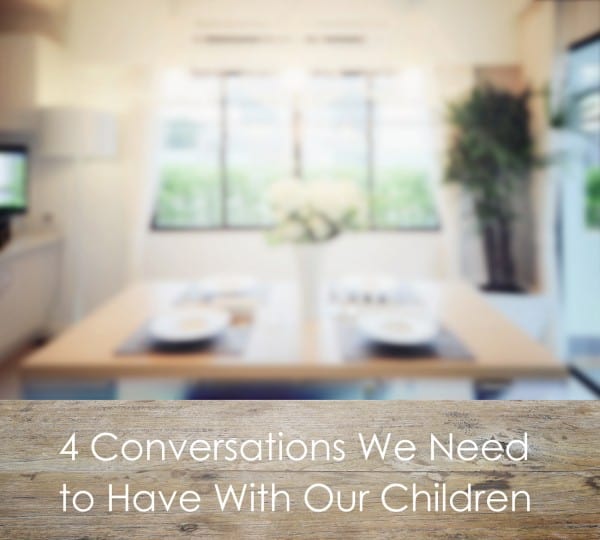

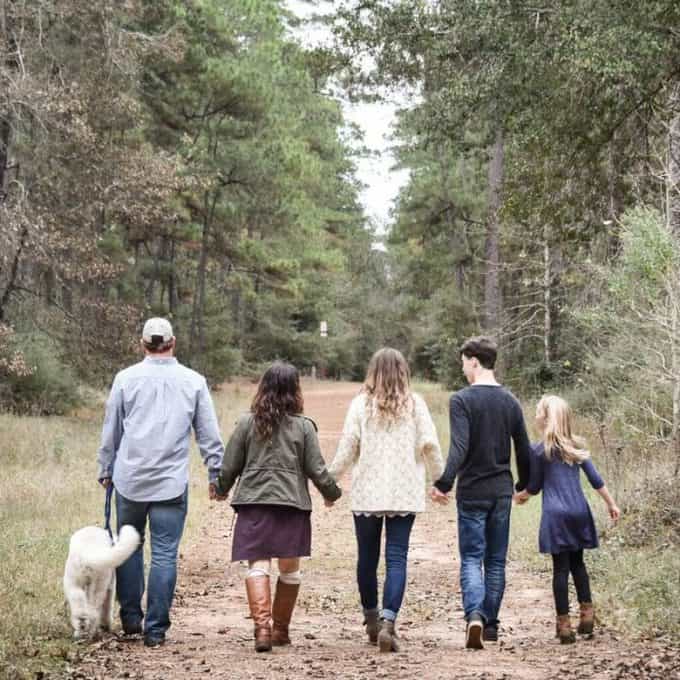
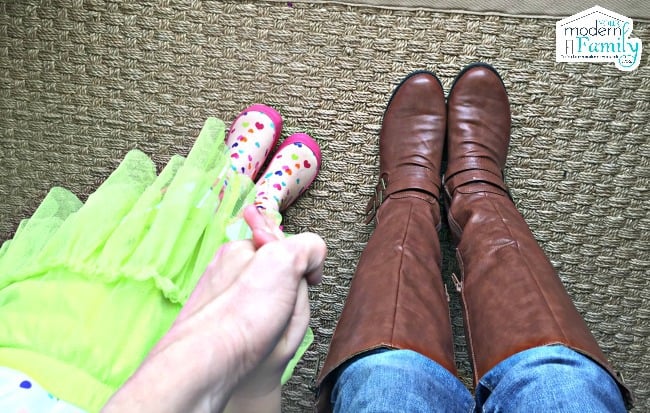
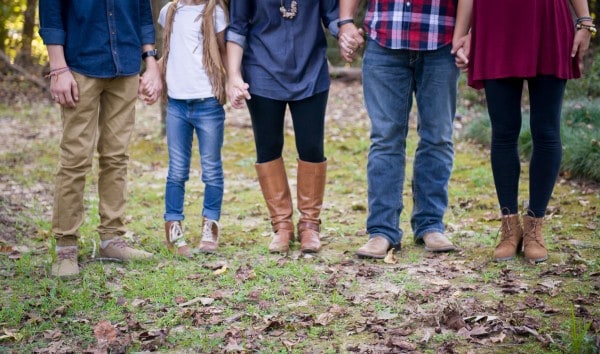
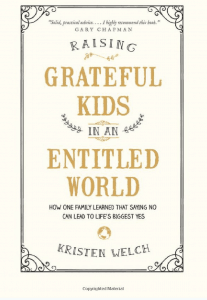
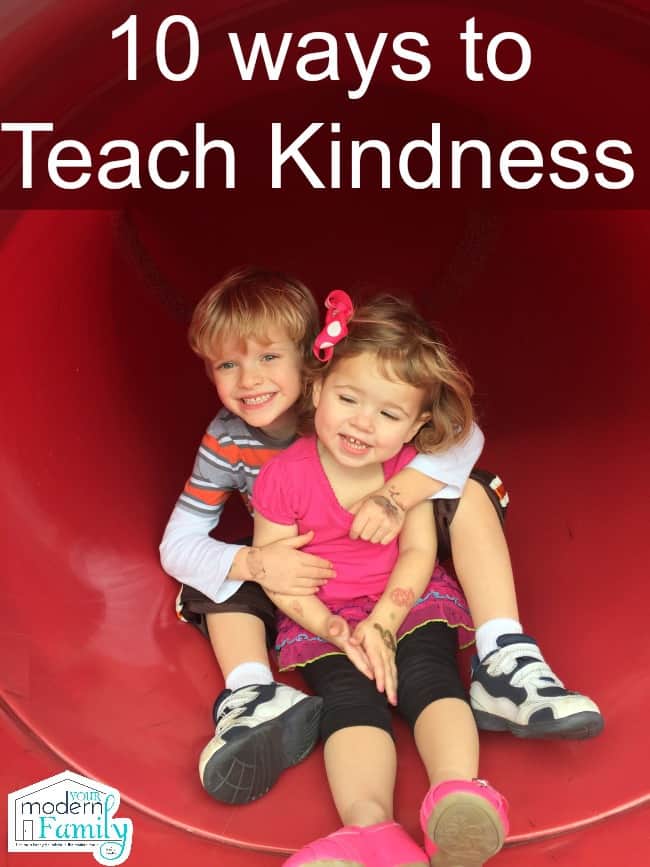
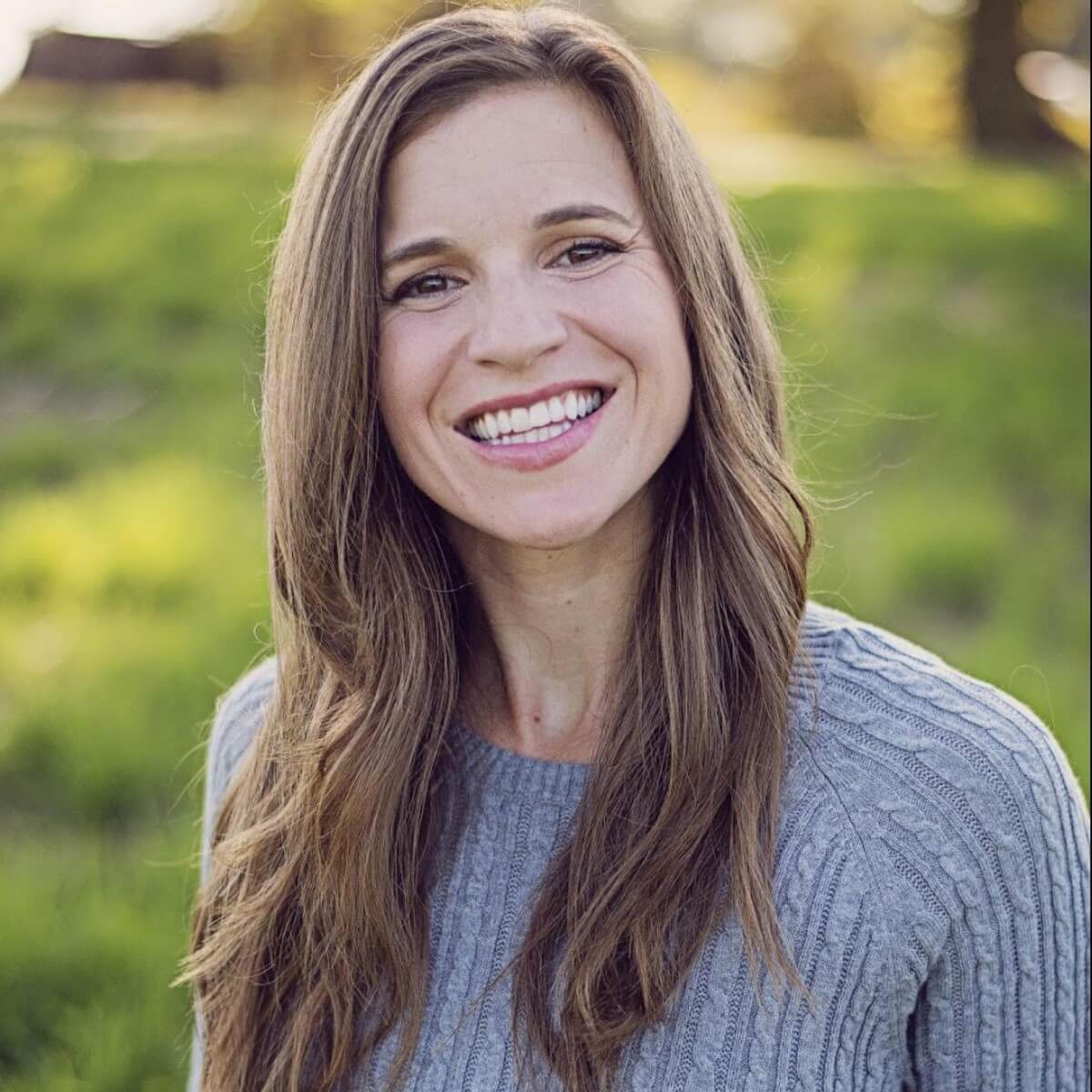

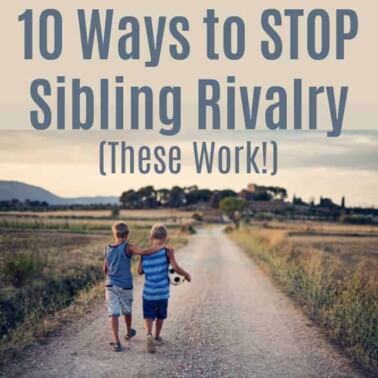

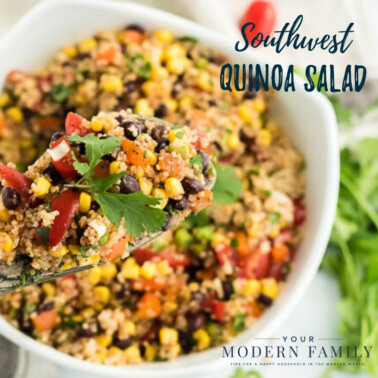









Hi Kristen, I found your column a few months ago and found that your writing really speaks to me. Thank you for the reminder of these important conversations, which should be had at every opportunity! Blessings!
Oh that first one. That’s a toughie. We homeschool currently, but my son would definitely be the “weird one” and I love him for it.
I also like your addition of not really understanding but wanting to try — so important!
Thanks a lot Becky. Your posts have always blessed me so much! I have two teenagers now and I really want to understand their struggles which they say I don’t. Am going to ask them to help me with that. The”sorry” thing needs some practice as well.